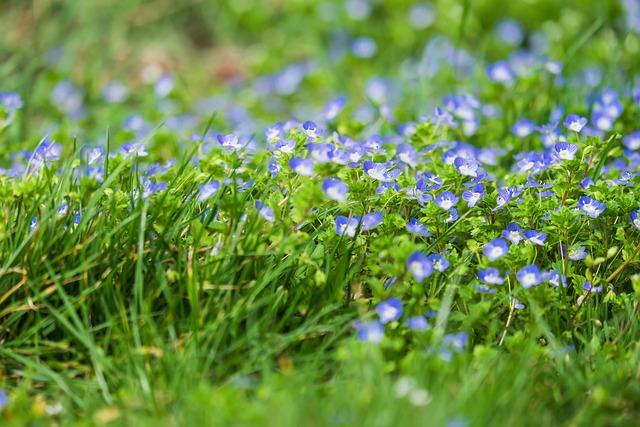2023 has clarified THCA (tetrahydrocannabinolic acid) legal status in South Carolina, with the state legislature permitting its medical use under the Compassionate Care Act for specific health conditions. While THCA is not explicitly mentioned in South Carolina's Controlled Substances Act, its derivative from hemp is legal federally due to the 2018 Farm Bill, allowing for THCA products with less than 0.3% delta-9-THC. In South Carolina, qualified patients can legally access THCA flower through a healthcare provider's recommendation and registration within the state's Medical Cannabis Program. Consumers must purchase from licensed dispensaries adhering to program guidelines. It's important for individuals to stay informed on evolving regulations and ensure they comply with legal possession and cultivation limits, as personal cultivation remains prohibited. For those interested in THCA's therapeutic potential without psychoactive effects, it's crucial to consult healthcare professionals and remain updated on state and federal laws concerning cannabinoids like THCA.
Explore the intricacies of THCA flower, a precursor to THC found in cannabis plants, and its unique status within South Carolina’s legal framework. This article delves into the chemical composition of raw THCA, highlighting its potential therapeutic properties, and distinguishes it from other cannabinoid forms both legally and in effects. Discover how to source and utilize this compound lawfully in the Palmetto State, and gain clarity on the regulations that govern its possession and consumption. A comprehensive guide for those interested in THCA’s legal standing and benefits in South Carolina awaits.
- Understanding THCA Flower and Its Legal Status in South Carolina
- The Chemical Composition and Potential Benefits of Raw THCA
- How THCA Flower Differs from Other Cannabinoid Forms in Legality and Effects
- Sourcing and Using THCA Flower Legally in South Carolina
- Navigating the Regulations Surrounding THCA Flower Possession and Consumption in SC
Understanding THCA Flower and Its Legal Status in South Carolina
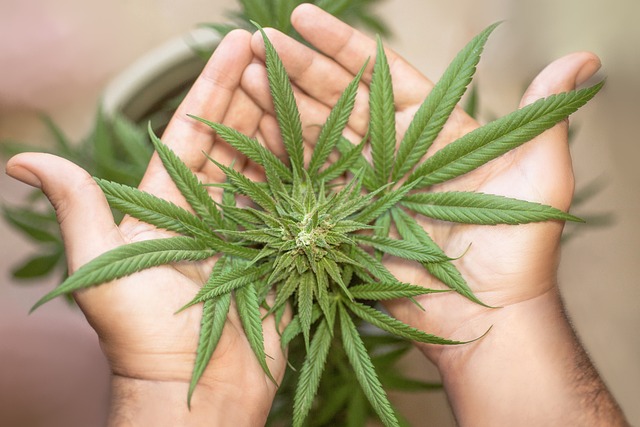
THCA, or Tetrahydrocannabinolic Acid, is a non-psychoactive compound found in the cannabis plant that, when heated or decarboxylated, converts into THC, the primary psychoactive ingredient in cannabis. Understanding THCA Flower, which contains THCA in its raw form, is crucial for those interested in the medicinal properties of cannabis without the psychoactive effects. As of the latest legal updates, possessing, purchasing, or using THCA Flower legally in South Carolina is a nuanced matter.
The South Carolina legislature has made strides towards medical cannabis use, with the Compassionate Care Act passing in 2014, allowing for the legal cultivation, processing, and dispensing of cannabis for medicinal purposes to qualifying patients. However, THCA Flower specifically is not explicitly mentioned in the state’s medical cannabis laws. This leaves a grey area where possessing or using such flower could be interpreted differently depending on local law enforcement’s perspective and the specific chemical composition of the product in question. It’s important for consumers to stay informed about the evolving legal landscape as it pertains to THCA Flower and other cannabinoid-rich products within South Carolina, ensuring compliance with state laws. As such, individuals interested in THCA Flower must carefully navigate the current legal status, which is subject to change as the state continues to evaluate its approach to cannabis and its derivatives.
The Chemical Composition and Potential Benefits of Raw THCA
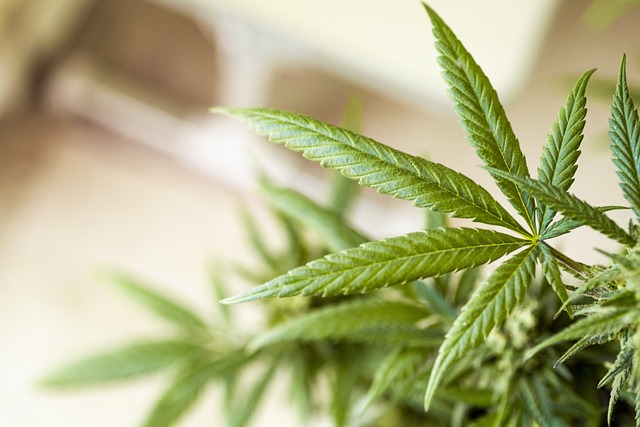
THCA, or tetrahydrocannabinolic acid, is a cannabinoid found naturally in raw cannabis flowers and is the precursor to THC, the psychoactive compound well-known for its effects after heating. The chemical composition of THCA includes a phenolic ring structure with an oxo group, a cyclohexene ring, and a carboxylic acid functional group, which accounts for its non-psychoactive nature at this stage. This unique molecular makeup contributes to THCA’s potential therapeutic benefits, which are currently under investigation due to legal and regulatory restrictions surrounding cannabis research. Preclinical studies suggest that raw THCA may offer a range of health benefits, including anti-inflammatory, analgesic (pain-relieving), and neuroprotective effects without the high typically associated with its decarboxylated form, THC. As of my knowledge cutoff in 2023, THCA is legal in South Carolina for medical use under specific conditions, reflecting a growing recognition of the potential health applications of this cannabinoid. Patients and researchers alike are exploring these benefits, with a focus on how THCA might interact with the body’s endocannabinoid system to promote well-being and manage various conditions, such as chronic pain and inflammation.
How THCA Flower Differs from Other Cannabinoid Forms in Legality and Effects
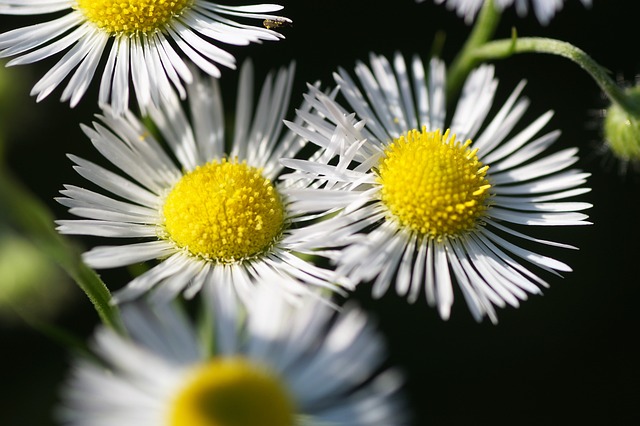
THCA, or tetrahydrocannabinolic acid, is a non-psychoactive precursor to THC, the most well-known form of cannabinoid found in cannabis plants. As of the knowledge cutoff in 2023, the legality of THCA flower varies across different states within the United States. In South Carolina, for instance, the Hemp Farming Act of 2018 federally legalized hemp and its derivatives, including CBD and THCA, provided they contain less than 0.3% THC on a dry weight basis. This has opened up opportunities for consumers to explore products containing THCA legally. Unlike its psychoactive counterpart THC, THCA does not induce the traditional “high” associated with cannabis use, making it a preferred choice for those seeking therapeutic benefits without mind-altering effects.
The effects of THCA are distinct from other cannabinoid forms due to its unique interaction with the body’s endocannabinoid system. Research suggests that THCA may have potential anti-inflammatory, anti-nausea, and analgesic properties, which could make it beneficial for conditions like chronic pain, inflammation, and nausea. In contrast to smoked or vaporized THC, where the psychoactive effects are immediate, THCA flower users may experience a more subtle impact that some find more manageable throughout the day without impairment. This has led to increased interest in South Carolina, where consumers are exploring the potential wellness benefits of THCA legally and responsibly. As with any cannabinoid product, it’s advisable for individuals to consult with healthcare professionals before incorporating THCA flower into their wellness routines, especially considering the evolving legal landscape.
Sourcing and Using THCA Flower Legally in South Carolina
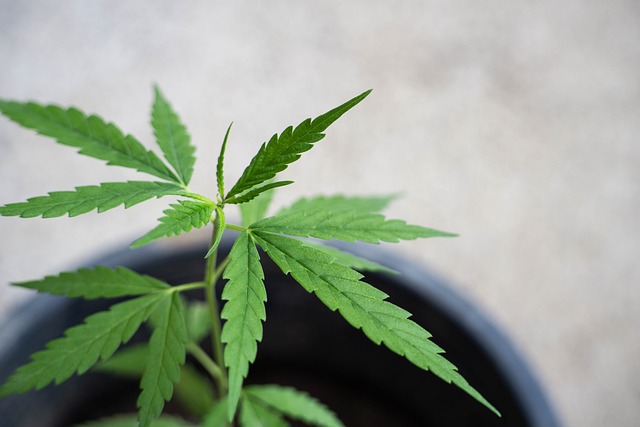
In South Carolina, the legal landscape regarding THCA flower has evolved, and it’s crucial for consumers to navigate this terrain with care. As of my knowledge cutoff in 2023, the South Carolina Legislature passed a bill that legalized medical marijuana, including THCA, under specific conditions. This legislative action made it possible for residents with certain medical conditions to access THCA flower through a certified healthcare provider’s recommendation and registration with the South Carolina Department of Health and Environmental Control’s Medical Cannabis Program. Patients with qualifying conditions can legally purchase and possess THCA flower from state-licensed dispensaries, adhering strictly to the program’s guidelines.
When sourcing THCA legal in South Carolina, it’s imperative to verify the legitimacy of the dispensary and ensure compliance with state regulations. Buyers should look for dispensaries that provide lab-tested products, which guarantee the potency and safety of the THCA flower. Additionally, it’s essential to understand the legal limits on possession and cultivation as defined by the state. While home cultivation is not permitted under the current law, patients have access to a range of THCA products that can be legally obtained for medical use. As regulations and availability may change, staying informed through official state channels or consulting with a healthcare provider is key to remaining compliant with the laws governing THCA in South Carolina.
Navigating the Regulations Surrounding THCA Flower Possession and Consumption in SC
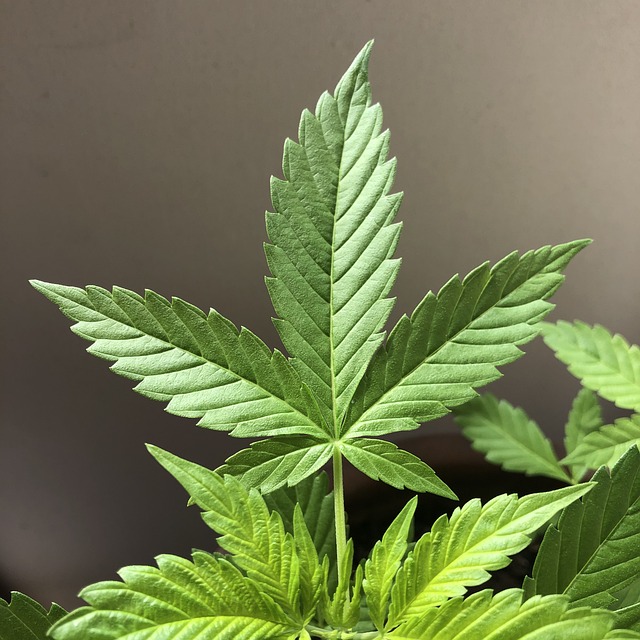
In South Carolina, the legal landscape surrounding the possession and consumption of THCA flower is nuanced, with regulations that are specific to tetrahydrocannabinolic acid’s derivative forms. As of the current legal standing, THCA itself is not explicitly scheduled as a controlled substance in the state, which distinguishes it from its psychoactive counterpart, delta-9-THC. This legal distinction means that products containing THCA, such as hemp-derived extracts, can be legally sold and possessed so long as they abide by the federal 2018 Farm Bill guidelines, which set a threshold of 0.3% delta-9-THC content for hemp. However, it’s crucial for consumers to stay informed, as state and federal laws can evolve. In South Carolina, the South Carolina Department of Health and Environmental Control (DHEC) oversees the regulation of such products. Consumers must adhere strictly to these regulations to ensure legal compliance. It’s also important to note that while THCA flower possession may be permissible under certain conditions, its consumption is subject to both state and local laws, which can vary in interpretation. Users are advised to consult with legal counsel before engaging in any activities related to THCA flower to ensure full compliance with all applicable regulations.
In conclusion, the exploration of THCA flower has shed light on its unique position within the cannabinoid spectrum, particularly as it pertains to legality and potential benefits in South Carolina. The chemical composition of raw THCA presents a non-psychoactive alternative with promising wellness applications. It’s clear that understanding the distinctions between THCA and other cannabinoid forms is crucial for consumers seeking legal and effective options within the state. Navigating the regulations surrounding THCA flower possession and consumption in SC requires careful attention to ensure compliance with local laws. As such, individuals interested in exploring the benefits of THCA flower should prioritize sourcing it from reputable vendors who provide legally compliant products. With ongoing research continuing to unveil the properties of THCA, staying informed about its legal status and usage remains essential for those residing or visiting South Carolina.
